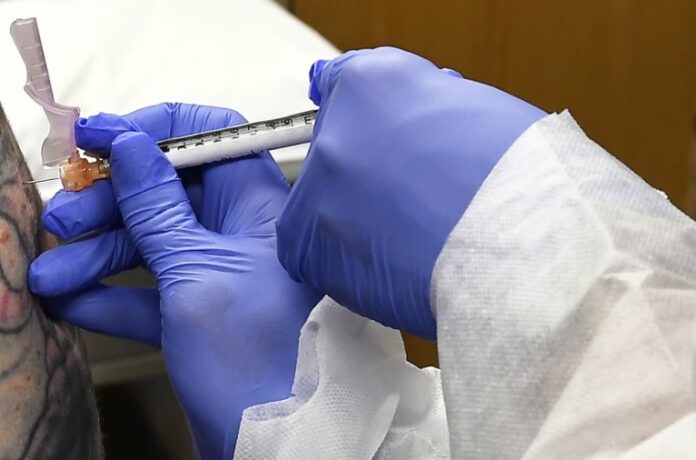Illinois Attorney General Kwame Raoul is taking legal action to stop the Trump administration from cutting billions of dollars in federal funding for medical and public health institutions. Experts in Chicago warn that losing this funding could severely impact important medical research.
Raoul, along with 21 other Democratic attorneys general, filed a lawsuit on Monday. They argue that if the National Institutes of Health (NIH) and the U.S. Department of Health and Human Services move forward with their plan to limit research funding, efforts to treat and cure diseases will suffer.
The lawsuit was filed in federal court in Massachusetts and challenges the administration’s recent order to cap indirect research costs at 15%. Universities and medical centers have long relied on higher reimbursement rates, sometimes exceeding 60%, to fund essential expenses such as building research facilities, conducting studies, and maintaining operations.
Officials from the Trump administration claim these indirect costs are merely “administrative overhead” and argue that the change will save taxpayers $4 billion immediately.
Raoul strongly disagrees, stating that these cuts will significantly harm universities’ ability to conduct groundbreaking medical research. The University of Illinois system alone receives about $67 million in NIH funding each year, which has helped develop treatments for serious diseases like blood cancer in children.
The University of Illinois Chicago estimates it would lose $47 million in funding, while Northwestern University has warned of serious financial challenges due to the cuts. Currently, NIH grants cover 60% of Northwestern’s indirect research costs.
Raoul emphasized that without these funds, universities will struggle to continue important research and train future scientists. “This decision would force universities to reduce critical medical research efforts and limit opportunities for students to develop research skills,” he said during a virtual press conference.
Beyond the financial impact, Raoul also argues that the funding cuts are illegal. He pointed out that Congress rejected similar cuts in 2017 during Trump’s first term.
Later on Monday, a federal judge in Rhode Island issued a temporary restraining order to block the funding cuts. This ruling came in a separate lawsuit, which also includes Illinois as a plaintiff, aimed at stopping broader cuts to federal research funding proposed by the Trump administration.
Despite the temporary ruling, Chicago-area researchers remain concerned about the future of their funding and the potential consequences for medical advancements.












